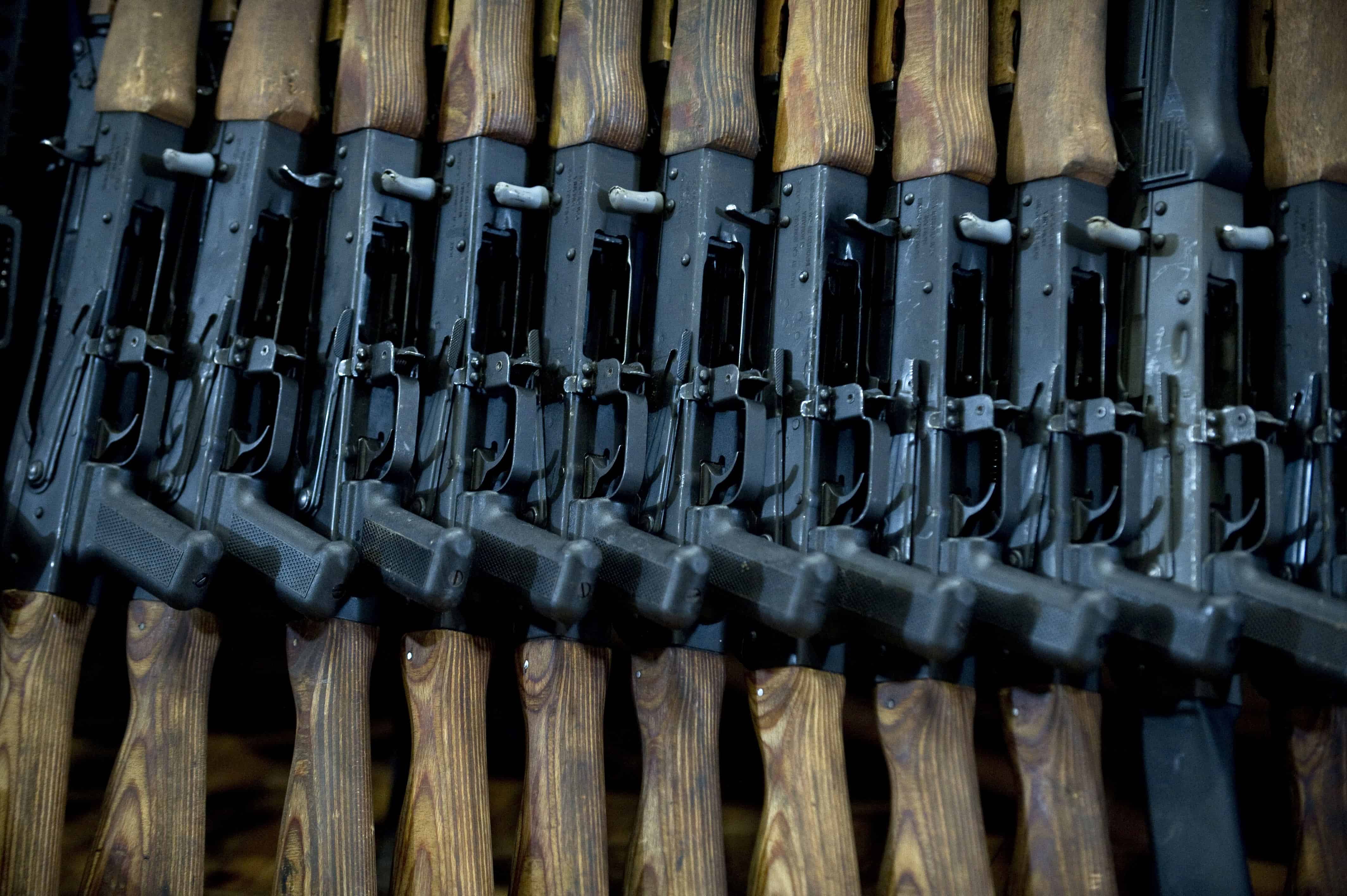Forced into hiding after targeting a drug cartel with alleged ties to the then-government, Honduras’s hounded police chief-turned interior minister has vowed to extract criminal tentacles in the State with “surgical” precision.
Ramon Sabillon, minister in the new cabinet of leftist Xiomara Castro, told AFP he was fired from his former job as police chief after dismantling a drug cartel in 2014 without informing then-president Juan Orlando Hernandez.
Hernandez is today awaiting extradition to the United States on drug trafficking charges.
The cartel he had hit, named Valle Valle, “had penetrated the structures of State” under Hernandez, Sabillon told AFP in an interview.
Hernandez had him fired, he said, and “threatened with death, I had to leave the country… I had to either save my life or continue in the police… I preferred life.”
Now Sabillon is back as Castro’s interior minister, and in a twist of irony one of his first tasks was to execute an arrest warrant for Hernandez.
Hernandez, who held office from 2014 to early this year, is accused of having facilitated the smuggling of some 500 tons of drugs — mainly from Colombia and Venezuela — to the United States via Honduras since 2004.
In return, he allegedly received millions of dollars in bribes as well as protection money from drug kingpins such as Mexico’s Joaquin “El Chapo” Guzman.
Hernandez’s brother, former Honduran congressman Tony Hernandez, is serving a life sentence in the United States for drug trafficking.
A Mafia
“When organized crime gets embedded in the State, it becomes a mafia because it holds the power of the State. So it is a surgical job that we have to do, democratically, by enforcing the law,” Sabillon told AFP.
Extraditing a former president, he added, “sends a strong message to the entire population, to those seeking public office, that the State will not tolerate” such actions.
At least 40 Hondurans are sought by the United States on drug allegations. The minister said a number of coca plantations and laboratories have been dismantled since the beginning of the year.
Cartels are seeking to become more autonomous, he explained, with production in Honduras itself, “so they need not depend on the point of origin” in South American countries such as Colombia and Peru.
Hernandez, a right-wing lawyer, left office on January 27 when leftist Castro became president of the country with a poverty rate of at least 60 percent among its 10 million inhabitants.
The country’s first woman president faces an uphill struggle to reform a country with one of the highest murder rates in the world. Tens of thousands of its citizens have tried to flee to the United States.
She has vowed to tackle deep-seated government corruption.
by Noe LEIVA






